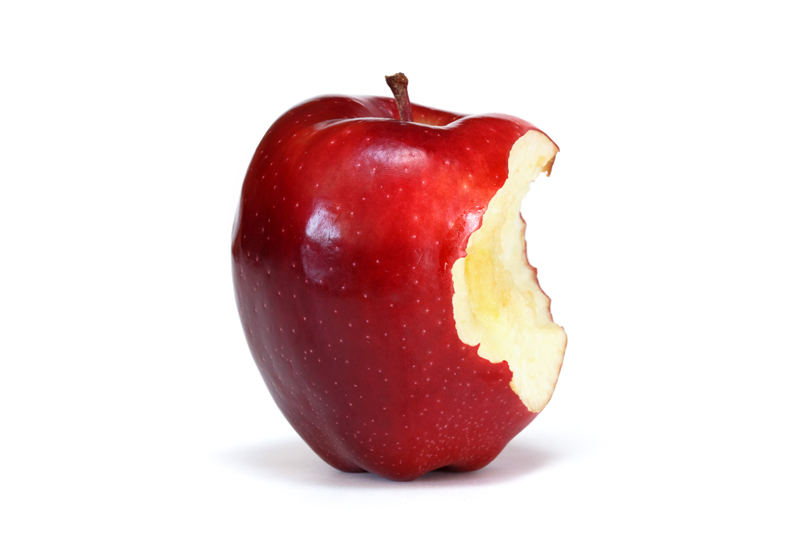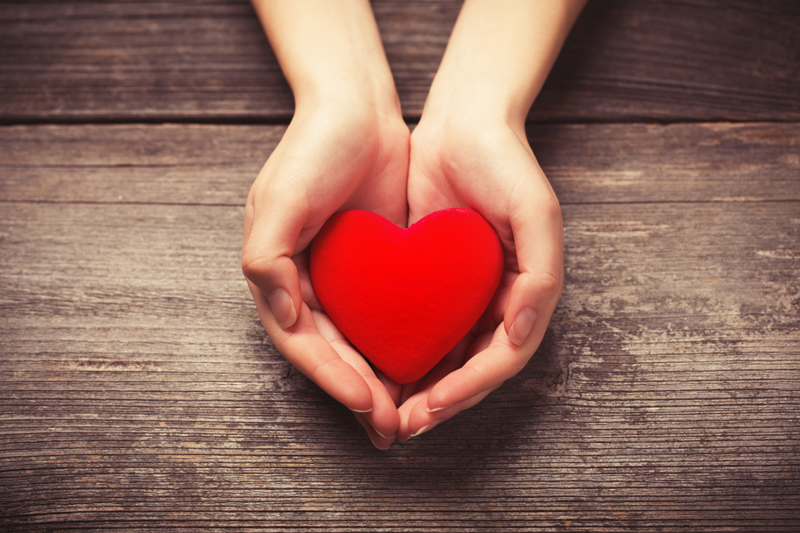Cold Sore Remedies

Cold sores are a type of facial lesion (small bump, blisters) that is usually on the lips or close to the mouth. Pus sometimes oozes from the blisters, which can make eating difficult. Also, you may notice that nearby lymph nodes feel swollen and tender to the touch. Some terms that are used to refer to cold sores are “fever blisters” and the medical term "recurrent herpes labialis."
What causes cold sores (fever blisters)?
Cold sores are caused by the herpes simplex virus “type 1” There are actually two types of herpes simplex virus, "type 1" and "type 2."
Type 1 herpes simplex virus.
Herpes simplex virus type 1 ("HSV1") generally only infects the body tissues that lie "above the waistline" and it is HSV1 that causes cold sores in the majority of cases.
Type 2 herpes simplex virus.
Herpes simplex virus type 2 ("HSV2") usually only infects the body tissues that lie "below the waistline" and it is this virus that is also known as "genital herpes." Herpes simplex virus type 2 is not usually the virus that causes cold sores, although it can.
What can trigger an outbreak of cold sores?
When a person's immune system is weakened or stressed. Under normal circumstances a person’s immune system would be able to fight off a cold sore but if the immune system is overwhelmed a cold sore can easily develop. By observing which factors typically trigger a cold sores a person can learn when to expect an outbreak.
Take the following self-care actions for cold sores...
Take L-lysine (an amino acid and precursor to protein), 50 mg twice a day to fight the virus, but don't take it for more than 6 months at a time
Rub in L-lysine cream (health food store item) into the sore as directed on the label, then wash your hands well
Use a high-stress vitamin B-complex supplement (150 mgm twice daily) to help your immune system to heal
Eat a handful of pumpkin seeds (no salt or oil added) or take a Zinc with C lozenge (NOW brand) every 3 waking hours for 2 days, then 2 lozenges daily until healed, making sure not to exceed more than l00 mg daily from all supplements
Take acidophilus capsules as directed on the label on an empty stomach to inhibit disease-producing organisms or eat yogurt with live active culture
Use powdered organic garlic on all your food or take 2 capsules of Kyolic garlic 3 times a day as a natural antibiotic and immune enhancer
Eat plenty of raw vegetables daily
Take 3,000-6,000 mg daily of buffered vitamin C in divided doses to fight the virus and kick up your immune system
Take essential fatty acids as directed on the label or eat chunk light tuna or arctic salmon to aid in skin healing
Take maitake, shitake or reishi mushroom as directed on the label to fight viruses and increase your resistance to disease
To heal your tissues, take 50,000 IU vitamin A daily in an emulsion form for safety at high doses, but do not exceed 10,000 IU daily if pregnant
Take both a good multivitamin and good multi-mineral supplement daily
Apply ice to cold sores Applying ice (for five to ten minutes each hour) during the first stage of a cold sore (tingling stage) will help lower the temperature of the tissue where the cold sore is forming.
Intermittent application of ice to a cold sore can act as a numbing agent and lessen the uncomfortable pain and itching.
Apply a tea bag (regular black tea) to the area for a few minutes every hour where a cold sore is forming. Tea contains tannic acid and tannic acid possesses antiviral properties (some over-the-counter medications for cold sores contain tannic acid). Placing a tea bag on a cold sore when it first begins to form (especially during the tingling stage) can possibly help to stop or minimize the cold sore.
Cold sores are very contagious, so don't use somebody else's cup, glass, washcloth, toothbrush or kiss anybody with a cold sore.
This information is for informational purpose only and is not intended to replace the advice or care of your doctor.
What causes cold sores (fever blisters)?
Cold sores are caused by the herpes simplex virus “type 1” There are actually two types of herpes simplex virus, "type 1" and "type 2."
Type 1 herpes simplex virus.
Herpes simplex virus type 1 ("HSV1") generally only infects the body tissues that lie "above the waistline" and it is HSV1 that causes cold sores in the majority of cases.
Type 2 herpes simplex virus.
Herpes simplex virus type 2 ("HSV2") usually only infects the body tissues that lie "below the waistline" and it is this virus that is also known as "genital herpes." Herpes simplex virus type 2 is not usually the virus that causes cold sores, although it can.
What can trigger an outbreak of cold sores?
When a person's immune system is weakened or stressed. Under normal circumstances a person’s immune system would be able to fight off a cold sore but if the immune system is overwhelmed a cold sore can easily develop. By observing which factors typically trigger a cold sores a person can learn when to expect an outbreak.
- Emotional upset and stress.
- Physical stress and fatigue.
- Illnesses (including a cold or the flu).
- Injury to the lips or skin, such as physical trauma or severe chapping.
- Menstruation or pregnancy.
- An immune system deficiency.
Take the following self-care actions for cold sores...
Cold sores are very contagious, so don't use somebody else's cup, glass, washcloth, toothbrush or kiss anybody with a cold sore.
This information is for informational purpose only and is not intended to replace the advice or care of your doctor.

Related Articles
Editor's Picks Articles
Top Ten Articles
Previous Features
Site Map
Content copyright © 2023 by Victoria Abreo. All rights reserved.
This content was written by Victoria Abreo. If you wish to use this content in any manner, you need written permission. Contact Victoria Abreo for details.



